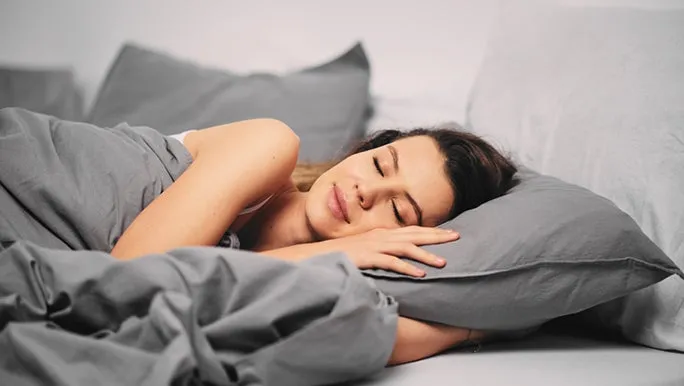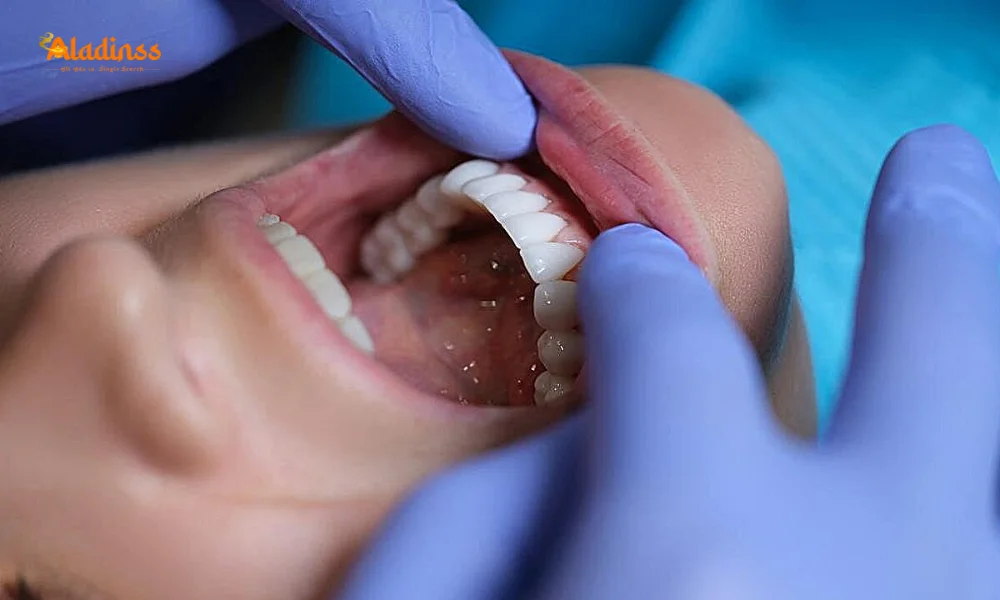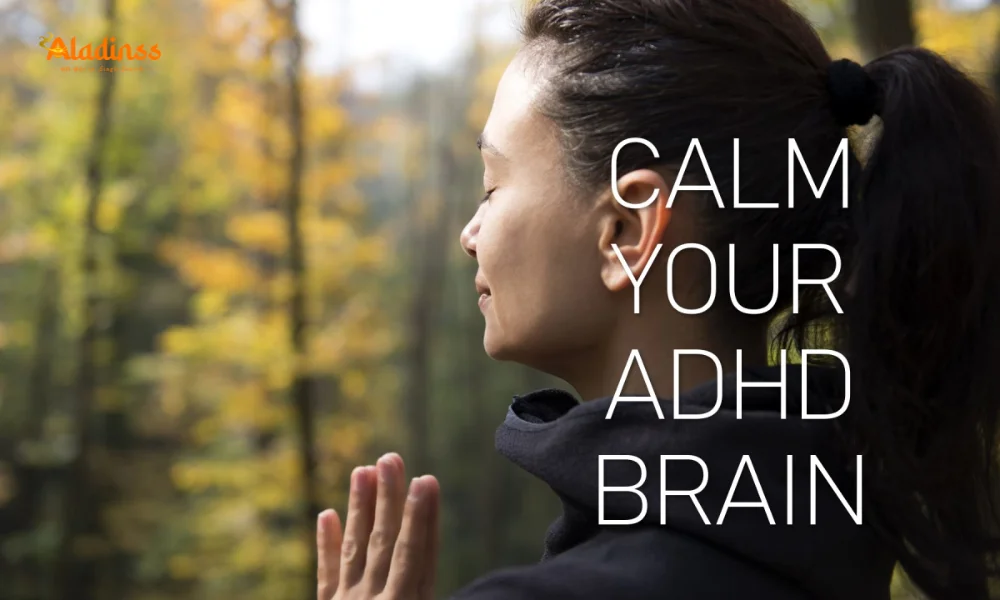Sleep Instantly! 4 Bedtime Hacks for Deep Sleep Tonight

Struggling to Sleep? 4 Proven Bedtime Hacks for Deep, Restful Nights!
In a world buzzing with deadlines, notifications, and endless to-do lists, falling asleep has become a nightly battle for millions. But what if four simple bedtime habits could transform your restless nights into deep, rejuvenating sleep? From digital detox to pranayama breathing, these science-backed rituals calm the mind, balance hormones, and reset your body’s natural sleep clock-without pills or expensive gadgets.
Chronic stress floods your system with cortisol, blocking melatonin production-the hormone that signals “time to sleep.” The result? Tossing, turning, and waking up exhausted. These easy bedtime tips work by lowering stress, regulating breathing, and creating a sacred wind-down routine that tells your brain: it’s safe to rest.

1. Digital Detox: Shut Off Screens 60 Minutes Before Bed
Your phone isn’t just a device-it’s a sleep saboteur. The blue light emitted from screens suppresses melatonin by up to 23% (Harvard Medical School). Scrolling through social media or answering late emails keeps your brain in “alert mode,” making it nearly impossible to unwind.
Start your digital detox one hour before your target bedtime. Place your phone on Do Not Disturb or in another room. Replace screen time with analog activities: read a physical book, journal three things you’re grateful for, or sip herbal tea. Within a week, you’ll notice faster sleep onset and fewer midnight wake-ups.
Pro tip: Enable night mode on devices earlier in the evening to reduce blue light exposure gradually. Use warm-toned lamps instead of overhead lights to support natural melatonin release.
2. Pranayama & Meditation: Calm Your Mind in Just 5 Minutes
Racing thoughts are the #1 barrier to sleep. Pranayama (yogic breathing) and bedtime meditation activate the parasympathetic nervous system, dropping heart rate and cortisol levels. A 2023 study in *Journal of Clinical Sleep Medicine* found that 10 minutes of slow breathing improved sleep quality by 37%.
Try the 4-7-8 technique: Inhale for 4 seconds, hold for 7, exhale for 8. Or practice Bhramari Pranayama-close your ears with thumbs, hum gently on exhale. These methods quiet mental chatter and anchor you in the present, paving the way for deep sleep.
No experience needed. Sit on your bed, dim the lights, and breathe. Apps like Calm or Insight Timer offer guided sleep meditations, but silence works just as well. Consistency is key-make it non-negotiable.
3. Self-Care Ritual: Warm Bath + Skincare = Sleep Signal
Your body loves predictability. A pre-sleep self-care routine acts like a biological “off switch.” A warm bath (38–40°C) raises then drops core temperature, mimicking the natural cooldown that triggers sleep. Add Epsom salts or lavender oil for muscle relaxation and aromatherapy benefits.
Follow with a 3-step skincare ritual: cleanse, moisturize, apply a calming serum (aloe vera, chamomile, or centella). The repetitive motions soothe the nervous system, while the act of self-touch releases oxytocin-the “love hormone” that reduces anxiety.
This isn’t vanity-it’s therapy. Women who followed a nightly skincare routine reported 42% better sleep in a 2024 *Dermatology Today* survey. Men benefit too: a quick face wash and moisturizer work wonders.
4. Create a Sleep Sanctuary: Environment Matters
Your bedroom should scream “sleep,” not “stress.” Optimize your sleep environment:
- Temperature: 16–20°C (cooler promotes deeper sleep)
- Darkness: Blackout curtains or eye mask (light blocks melatonin)
- Sound: White noise machine or earplugs (blocks traffic, snoring)
- Mattress & Pillow: Supportive, breathable (replace every 7–10 years)
- Bedding: Cotton or bamboo sheets (regulate temperature)
Remove work laptops, gym clothes, or clutter. Reserve your bed for sleep and intimacy only-this conditions your brain to associate bed with rest. A 2025 *Sleep Foundation* report found that optimized bedrooms improved sleep efficiency by 29%.
The Science: How Sleep Heals Your Brain and Body
During deep sleep, your brain flushes toxins via the glymphatic system-think of it as a nightly detox. REM sleep consolidates memories and regulates emotions. Skimp on sleep, and you risk:
- Weakened immunity (50% fewer antibodies after one bad night)
- Weight gain (ghrelin spikes, leptin drops)
- Mood disorders (80% higher depression risk)
- Cognitive decline (Alzheimer’s plaques accumulate)
A consistent bedtime routine regulates your circadian rhythm, syncing hormone release with natural light-dark cycles. Result? You fall asleep faster, stay asleep longer, and wake up refreshed.
Avoid These Sleep Killers at All Costs
Even with the best habits, these mistakes derail progress:
- Caffeine after 2 PM: Half-life of 5–6 hours
- Heavy meals : Indigestion disrupts sleep
- Alcohol: Fragments REM, causes 3 AM wake-ups
- Napping >30 mins: Steals nighttime sleep pressure
- Inconsistent bedtime: Confuses internal clock
Your 7-Day Sleep Reset Challenge
Ready to transform your nights? Follow this plan:
- Day 1–2: Digital detox + fixed bedtime
- Day 3–4: Add 5-min pranayama
- Day 5–6: Warm bath + skincare
- Day 7: Optimize bedroom + track sleep (journal or app)
By day 7, most people report falling asleep 15–20 minutes faster and waking up without grogginess. Use a sleep tracker (Fitbit, Oura, or free app) to measure progress.
Herbal Allies: Nature’s Sleep Aids (Use Wisely)
Support your routine with gentle herbs:
- Chamomile tea: Apigenin binds to GABA receptors
- Valerian root: Increases GABA, reduces anxiety
- Ashwagandha: Lowers cortisol by 30% (evening dose)
- Lavender oil: Diffuse or apply to wrists
Avoid melatonin supplements unless prescribed-long-term use disrupts natural production. Always consult a doctor if pregnant, on medication, or with health conditions.
When to See a Doctor: Red Flags
If insomnia persists >3 weeks despite lifestyle changes, seek help. Watch for:
- Loud snoring + daytime fatigue (sleep apnea)
- Leg twitching at night (restless leg syndrome)
- Anxiety keeping you awake (GAD)
- Waking choking/gasping (acid reflux or apnea)
Cognitive Behavioral Therapy for Insomnia (CBT-I) is the gold standard-80% success rate, no side effects.
Final Thought: Sleep Is Your Superpower
Every night, you have a choice: doomscroll into exhaustion or gift yourself 7–9 hours of healing sleep. These four bedtime habits-digital detox, pranayama, self-care, and sleep sanctuary-aren’t luxuries. They’re investments in your health, mood, and productivity.
Start tonight. Dim the lights. Breathe deeply. Care for yourself. Tomorrow, you’ll wake up lighter, sharper, and ready to conquer the day. Because better sleep = better life.
Comment / Reply From
No comments yet. Be the first to comment!






